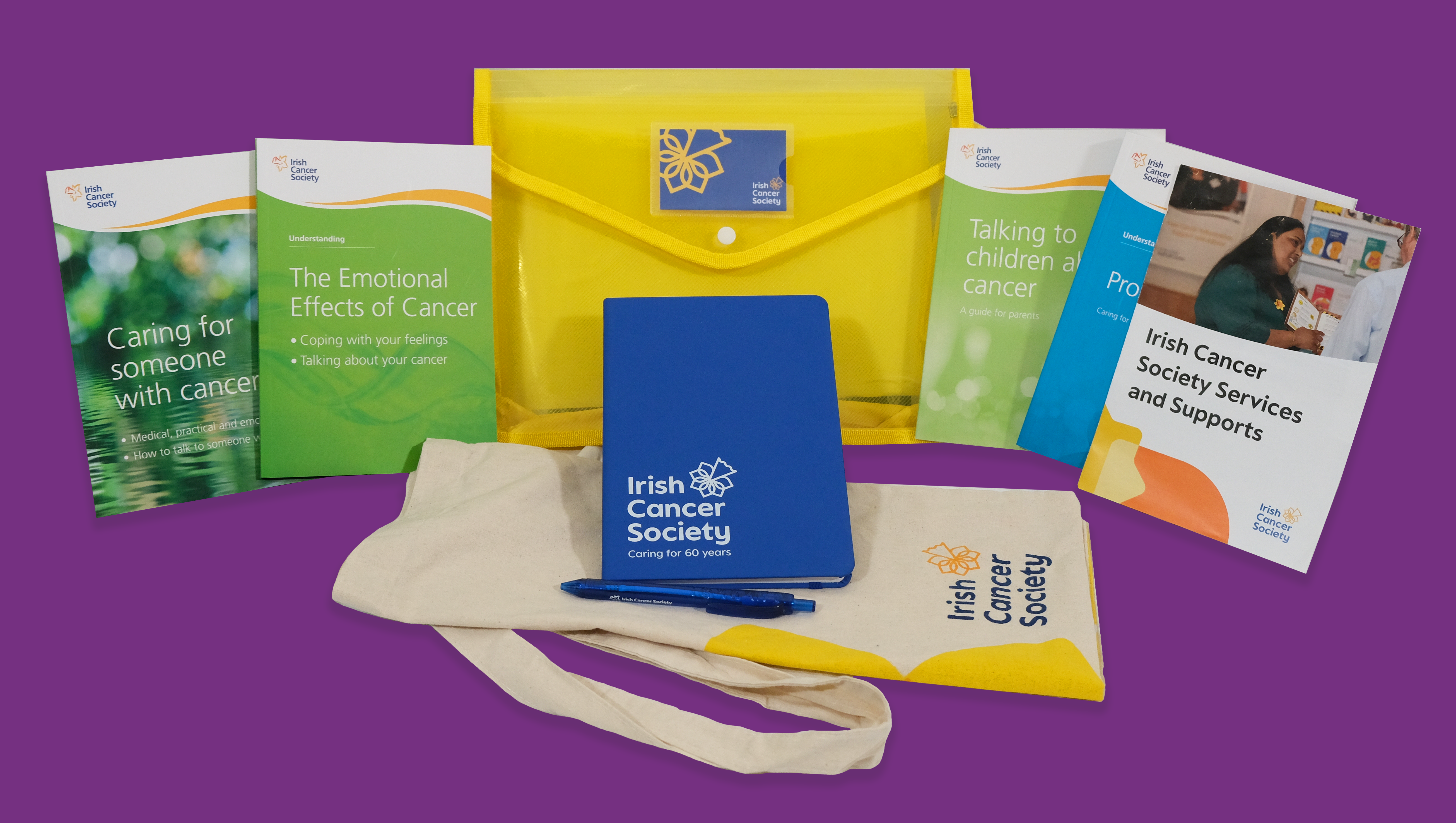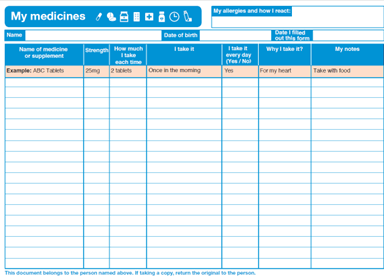If you have any questions about what you’ve seen, our Support Line cancer nurses can help on 1800 200 700.
Treatment by mouth (oral therapies)
Some cancer drugs are taken by mouth, as a tablet or capsule. These are known as oral therapies or oral anti-cancer medication (OAMs).
What are oral therapies?
Some chemotherapy, targeted therapy and immunotherapy drugs are taken by mouth, as a tablet or capsule. These are known as oral therapies.
After you take the drug, it is absorbed into your blood stream and carried around your body. Oral therapies are just as effective as drugs given into a vein (intravenous drugs).
The following healthcare professionals can help you when you are taking your oral therapies:
- Clinical nurse manager
- Oncology liaison nurse
- Pharmacist
- Oncologist
- Our cancer nurses on our Support Line 1800 200 700 or in our Daffodil Centres
Before you start oral therapies at home
- Your oncologist or a member of your medical team will prescribe the medication.
- The hospital pharmacist will dispense the medication to you. The pharmacist will check the drugs carefully to make sure they are the right ones for you.
- You and a family member or carer will attend an oral therapy information session. You will also be provided with written information.
Your doctor or nurse will explain:
- When to take the tablets or capsules
- How often to take them
- Whether to take them with food or not
- How to handle the tablets
- How to store them, for example, in a fridge or cool place
- What to do if you forget to take your tablets
You may find a patient diary or phone reminders useful to help you keep track of your medication.
It also important to keep track of any side-effects. This will also help you to remember what to tell the doctor or nurse when you are in the hospital.
When you are at home
- Never touch the tablets/capsules with your bare hands. They may cause skin irritation. Place them in a spoon or small cup instead. Wash your hands afterwards. If someone is helping you, make sure they wear gloves. Store the tablets in a safe place and keep them away from children.
- If you cannot take your tablets for any reason or if you are sick soon afterwards, contact your doctor or nurse immediately for advice. If you forget to take your tablets, don’t take a double dose the next day.
- The drug prescription given to you by your doctor will be for a full course of treatment. You must take them exactly as prescribed.
- If you need more supplies, talk to your hospital doctor, who can contact your local pharmacy.
It is very important to take your tablets exactly as prescribed.
Hints for taking cancer drugs at home
- Avoid direct contact with the drugs.
- Wear gloves when handling clothing or bedsheets soiled with vomit or diarrhoea.
- Check with your pharmacist or nurse on how the tablets or capsules should be stored.
- Store all drugs out of reach of children to prevent serious harm if taken by accident.
- If another person or child takes your tablets by mistake, contact a doctor straight away.
- If you feel sick or unwell at any time, phone the nurse or doctor at the hospital for advice.
Patient Education videos
Our oral anti-cancer medicines videos are for patients who are due to begin treatment shortly.
You can watch our oral anti-cancer medicines videos online in your own time
Watch the full series of 8 videos covering what to expect, your treatment at home, side-effects and supports available to you.
Help with managing medicines from the HSE
Know, Check, Ask from the HSE can help you to manage your medicines.
- Know your medicines and keep a list
- Check that you're using the right medicine the right way
- Ask your health professional if you're unsure



Talk to a Cancer Nurse

Support Line
Our Daffodil Centres


